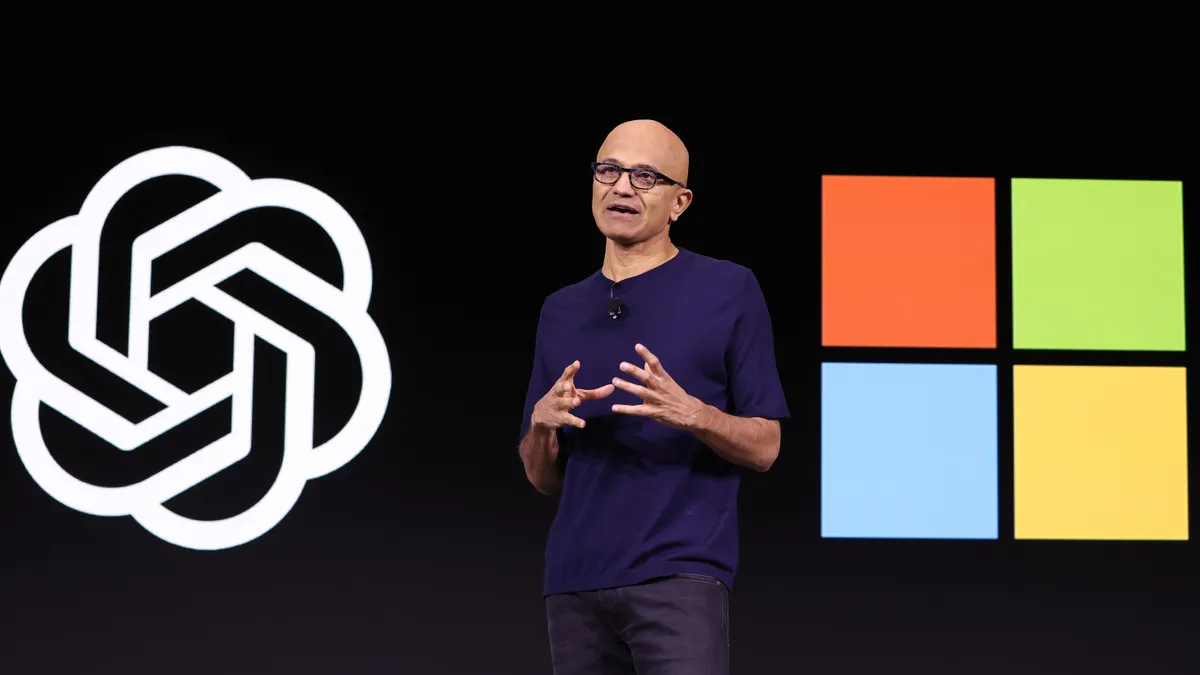2024 will be “the year AI at work gets real,” according to a May 8 report from Microsoft and LinkedIn. But employers may not be ready for exactly how real tech disruption may get, the report noted.
The big struggle for many enterprises is “moving from experimentation to tangible business impact,” especially as companies struggle to adopt an implementation plan for AI, Microsoft said. Of leaders surveyed, nearly two-thirds said they worry about quantifying productivity gains; a similar amount said their company lacks vision regarding how AI will be used.
But employees are not willing to wait for advice, the report said. Three in four knowledge workers surveyed said they use AI at work to help them save time and focus on important aspects of their jobs.
The report and a separate LinkedIn study also found a disconnect between companies’ desire for workers with AI skills and those companies’ willingness to train employees on the matter. While two-thirds of leaders told LinkedIn they wouldn’t hire someone without AI skills, less than 40% of LinkedIn users said they received AI training from their companies, and only 1 in 4 companies said they expect to offer it this year.
“Organizations that empower employees with AI tools and training will attract the best talent, and professionals who skill up will have the edge,” a press release about the report said.
HR is often left out of strategic planning on AI, according to McLean and Co, even though the department plays a key role in aligning people with guiding principles. Introducing AI can spike tension and highlight misaligned priorities between leaders — a big reason why HR needs to be involved, McLean said.
Companies also believe — potentially to their detriment — that they can hire AI-skilled talent in an already thin market, a report by The Adecco Group showed. Only 34% of C-suite executives surveyed said they planned to train workers internally on the topic, versus the other 66% that sought to hire workers externally. But a majority of leaders surveyed doubted their own C-suite’s ability to understand AI’s risks and potential — and only 50% of those surveyed said they provided any guidance to staff on how to use AI in their work.
But while many reports extoll the opportunities inherent in AI use, a survey by Littler Mendelson showed that employers may be more split on adoption in certain areas than others. Just over half of employers surveyed said they did not use generative AI for HR tasks, marking a nearly 50-50 split on the question.
Users were hesitant on AI usage in HR mostly for safety and compliance reasons, the report said.













